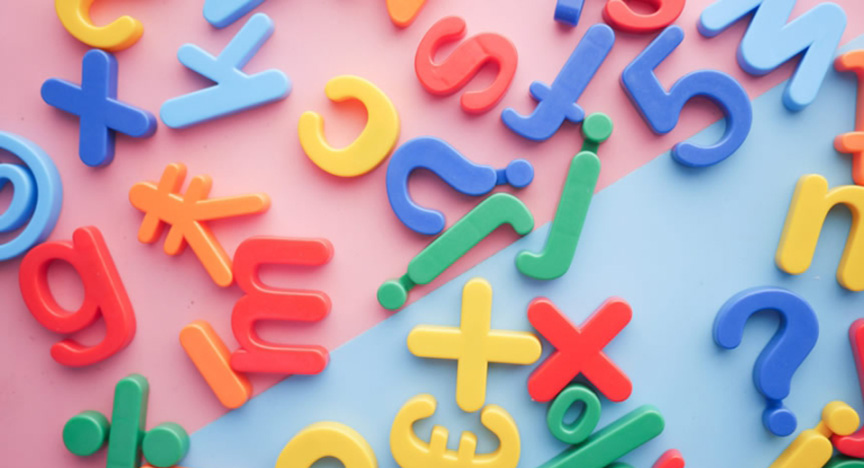
Two children in every classroom, or 1 in 14 people, are estimated to have developmental language disorder, also known as DLD.
DLD is when a person has difficulties understanding language (making sense of what people say), using language (words, sentences, telling stories and giving explanations), and knowing how to take part in conversations in the right kind of way (social communication).
It is likely that you have known, or do know, someone with DLD.
But because these language and communication difficulties are easily missed, DLD can sometimes be mistaken for a problem with behaviour or attention.
This is why DLD is known as a ‘hidden’ disability.
People with DLD can face challenges at school and work, and have difficulty forming and maintaining relationships.
Children’s Health Queensland senior speech pathologists Katie Russell and Louise Tyrrell say the best way to reduce the long-term impacts of DLD is early intervention.
DLD is commonly diagnosed at about age five, usually by a speech pathologist.
“We need to spot a child’s language and communication difficulties early and put appropriate supports in place.”
“However, you should seek help at any time if you are worried about your child’s communication, rather than taking a ‘wait and see approach’.”
What are the signs of DLD?
Young children may be delayed in meeting their early communication milestones such as babbling, using first words and understanding simple questions or instructions.
People with DLD will often:
- Find it hard to understand words, follow instructions, or answer questions.
- Struggle to find the words to express their ideas.
- Have trouble saying words in the right order, engaging in conversations, and telling stories.
- Have difficulty paying attention.
- Experience challenges with reading and writing.
- Struggle to remember what they have been told.
Without support, people with DLD will continue to face challenges with their mental health and wellbeing, relationships, personal development, education, employment, and quality of life.
What can I do?
A speech pathologist can give parents/carers strategies to help their child improve their language skills and reduce the impact of their communication difficulties.
Some simple strategies that anyone can use to support a person with DLD are to:
- Give your full attention.
- Explain the meaning of new words.
- Model how to use full sentences or to tell a story.
- Use pictures or written notes to support understanding.
- Avoid talking too long in each turn.
- Allow plenty of time for the person to respond.
- Check if they understand and offer to share information in a different way.
Many children and young people will need ongoing support for DLD.
It is also important for teachers to understand how to support a student with DLD and adapt their teaching methods.
How do I find a speech pathologist?
You can find a speech pathologist near you on the Speech Pathology Australia website.